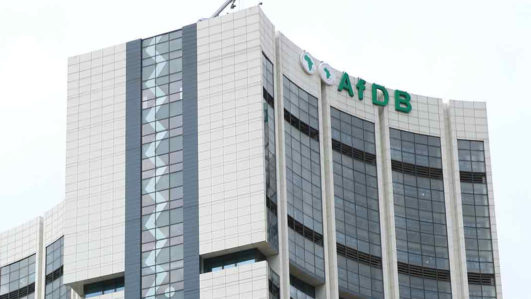The African Development Bank (AfDB) has approved a financing package of $184.1 million for Egypt’s Obelisk solar project, which is poised to become Africa’s largest solar power plant.
This bold investment marks a major step in Egypt’s clean energy transition, aiming to generate 1 gigawatt (GW) of solar power complemented by a 200 megawatt-hour (MWh) battery storage system.
The announcement was made on Wednesday, signalling strong support for renewable energy development in the region.
Mega solar plant in Africa set to power Egypt’s future
The Obelisk solar project in the Qena Governorate of southern Egypt will feature a 1 GW solar photovoltaic (PV) facility integrated with a 200 MWh battery energy storage system.
This combination will allow the plant to deliver clean, reliable electricity even during peak evening hours when solar generation typically dips.
The project is designed to supply approximately 2,772 gigawatt-hours (GWh) of electricity annually to Egypt’s national grid under a 25-year Power Purchase Agreement with the Egyptian Electricity Transmission Company as the sole off-taker.
Kevin Kariuki, AfDB Vice President for Power, Energy, Climate, and Green Growth, emphasised the project’s importance: “Obelisk is another landmark development under NWFE that leverages Egypt’s and the African Development Bank’s leadership as well as commitment to harnessing the country’s renewable energy to enhance the resilience of the country’s energy supply to meet its fast-growing energy demand sustainably.”
He added that the project supports Egypt’s ambition to produce 42 per cent of its power generation capacity from renewable sources by 2030 while promoting economic growth and reducing greenhouse gas emissions.
Strategic financing and government support accelerate project progress
The total cost of the Obelisk project exceeds $590 million. The $184.1 million financing from AfDB includes $125.5 million from the bank’s ordinary resources, $20 million from the Sustainable Energy Fund for Africa (SEFA), $18.6 million from the Canada-African Development Bank Climate Fund, and $20 million from the Climate Investment Fund’s Clean Technology Fund.
Additional funds are expected from a consortium of development finance institutions, reflecting broad international support for the project.
Egypt’s Minister of Planning, Economic Development and International Cooperation, Dr Rania Al-Mashat, highlighted the project’s alignment with Egypt’s Nexus of Water, Food, and Energy (NWFE) platform.
She said, “The Obelisk solar project is another important milestone for Egypt under the energy pillar of the NWFE program, which, since its launch in November 2022 at COP27 in Sharm El Sheikh, has delivered 4.2 GW of privately financed renewable energy investments worth about $4 billion.”
The NWFE program aims to add 10 GW of renewable energy capacity and phase out 5 GW of fossil fuel power generation by 2030.
The Egyptian government has granted Obelisk a Golden License, fast-tracking its development as a strategic initiative to address energy constraints and advance the country’s energy transition.
The project is expected to be fully operational by the third quarter of 2026, creating around 4,000 jobs during construction and 50 permanent jobs during operation, focusing on employing women and youth.
Ambassador of Canada to Egypt Ulric Shannon expressed pride in supporting the project, stating, “This initiative is a meaningful step toward enhancing energy security and stability, with direct benefits for the Egyptian people. We are pleased to collaborate with the African Development Bank and other partners in supporting Egypt’s transition to a sustainable, low-carbon economy”.
The Obelisk solar project exemplifies international cooperation and innovative financing driving Africa’s renewable energy development. Its cutting-edge solar and battery technology promises to reshape Egypt’s energy mix and contribute to cleaner, more sustainable power for millions.











